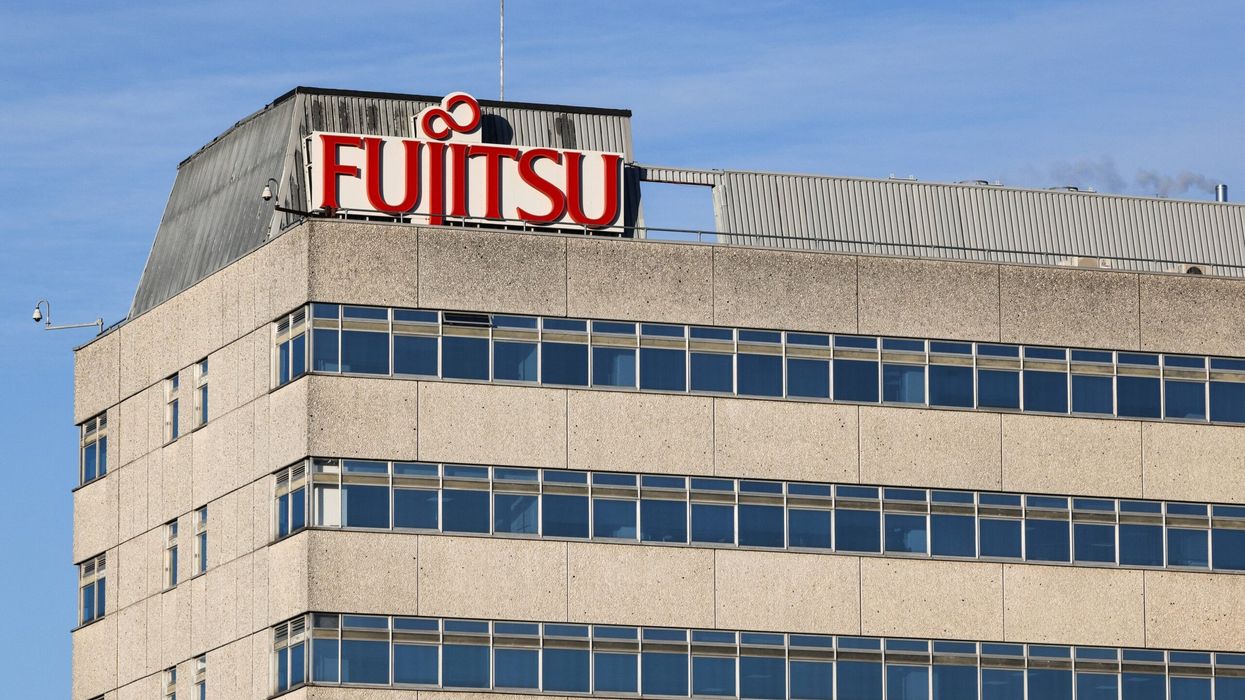BRITISH online fashion retailer ASOS warned on profits for the third time since December, saying problems ramping up warehouses in the US and Germany had restricted product availability, hitting sales and raising costs.
Shares in ASOS, a one-time stock market darling plunged as much as 22 per cent on Thursday (18). They were down 17 per cent at 1046 GMT, extending losses over the last year to more than 62 per cent.
The group is working through a major overhaul of its warehouse and technology capabilities, moving from a UK-focused to a global-centric model so it can better access growth opportunities.
"The major overhaul of our infrastructure has been bumpier and taken a lot longer than we originally anticipated," Chief Executive Nick Beighton said on a conference call with analysts.
"We acknowledge that this is a failure in execution."
Supply chain problems are the bane of clothing retailers. Last year, H&M, the world's second-biggest fashion retailer, experienced glitches as it worked to speed up its logistics systems. Last week, Marks & Spencer sacked its clothing boss and highlighted chronic availability issues.
"Logistics and distribution costs have been steadily increasing as retailers compete on offering faster deliveries at cheaper prices," said Nicla Di Palma, retail analyst at Brewin Dolphin.
The latest setback for ASOS, which sells fashion aimed at twentysomethings, follows a shock profit warning in December, and an update in March revealing its new US warehouse was struggling to cope with demand, hitting sales there and adding to challenges in France and Germany.
"None of these (issues) change the opportunity ahead for us which remains huge," said Beighton, CEO since 2015.
"I’m clear this is not a demand issue."
The group's total sales rose 12 per cent to £919.8 million in the four months to June 30.
ASOS said the UK and rest of world territories, which are serviced by its established automated distribution centre in Barnsley, northern England, continued to trade well, with sales up 16 per cent and 14 per cent respectively.
However, in the European Union and the US sales were held back by operational problems at its new warehouses in Berlin and Atlanta, up 5 per cent and 12 per cent respectively.
The EU outcome reflected weaker stock availability as ASOS struggled to embed new automation software into the Berlin Euro Hub site. US sales growth was held back by a slower than the planned build of branded stock in the Atlanta warehouse as third party suppliers wrestled with compliance issues.
"These issues have restricted product choice and availability for our customers in the US and Europe which has a corresponding impact on sales growth in these regions as well as profitability in the form of higher transitional costs to fix the issue," said Beighton.
He added it would take until the end of September to resolve the problems.
"Today’s profit warning is the latest in a number of self-inflicted execution failings, a point that won’t be lost on management," said analysts at Peel Hunt, who cut their recommendation on ASOS shares to 'hold' from 'buy'.
Beneficiaries of ASOS's problems could be online rivals Boohoo, and Zalando, whose shares have risen 35 per cent and 80 per cent so far this year.
ASOS cut its pretax profit expectations for its 2018-19 year to £30-35m after booking £50.5m of transition and restructuring costs.
According to Refinitiv data, analysts had been expecting pretax profit of £55m versus £102m made in 2017-2018.
For the balance of the year, ASOS forecast sales growth in line with its year-to-date performance of up 13 per cent, with retail gross margin down 250 basis points year-on-year.
Capital expenditure guidance was kept at about £200m, but year-end net debt is now expected to be about £100m.
(Reuters)











